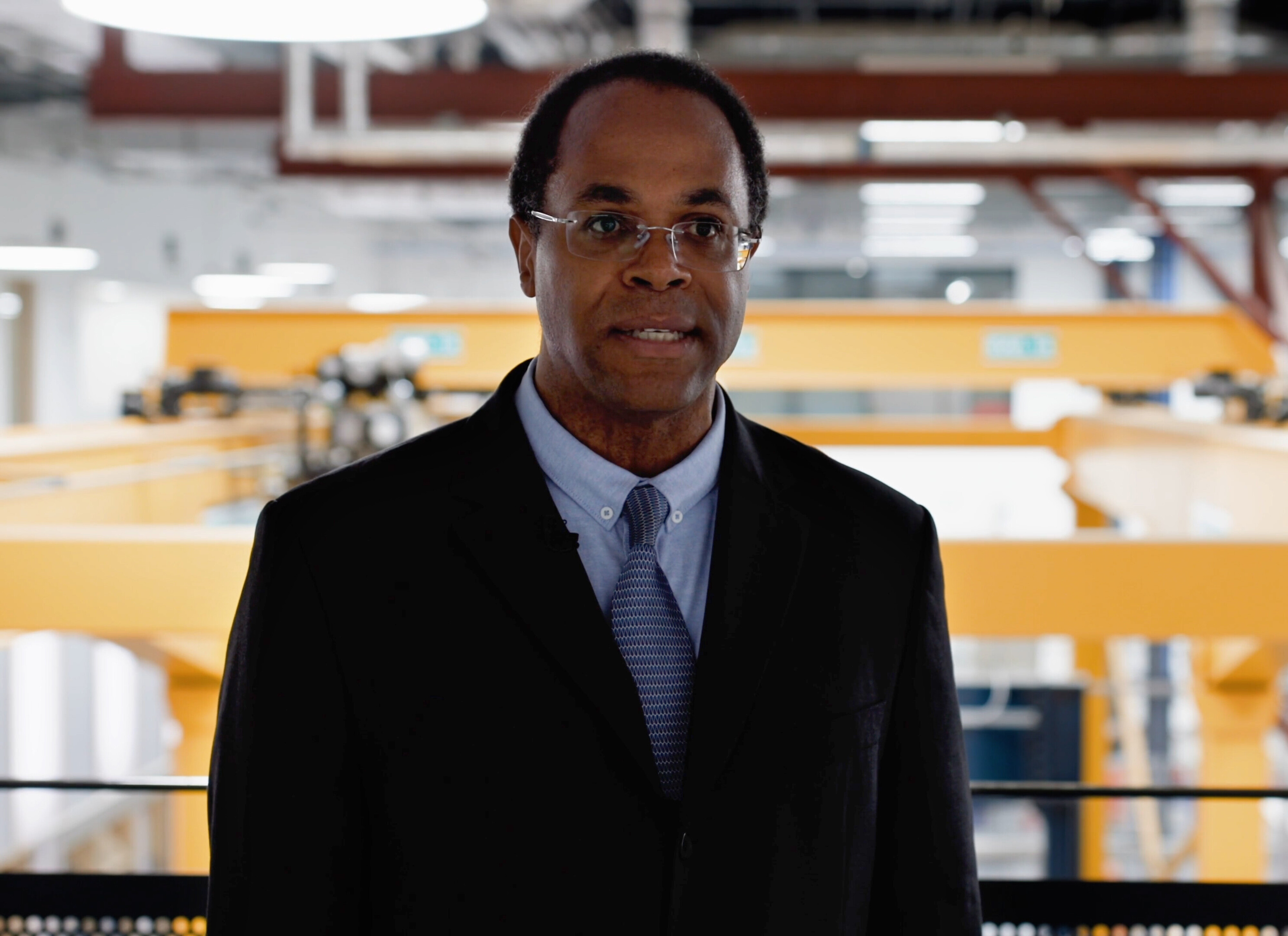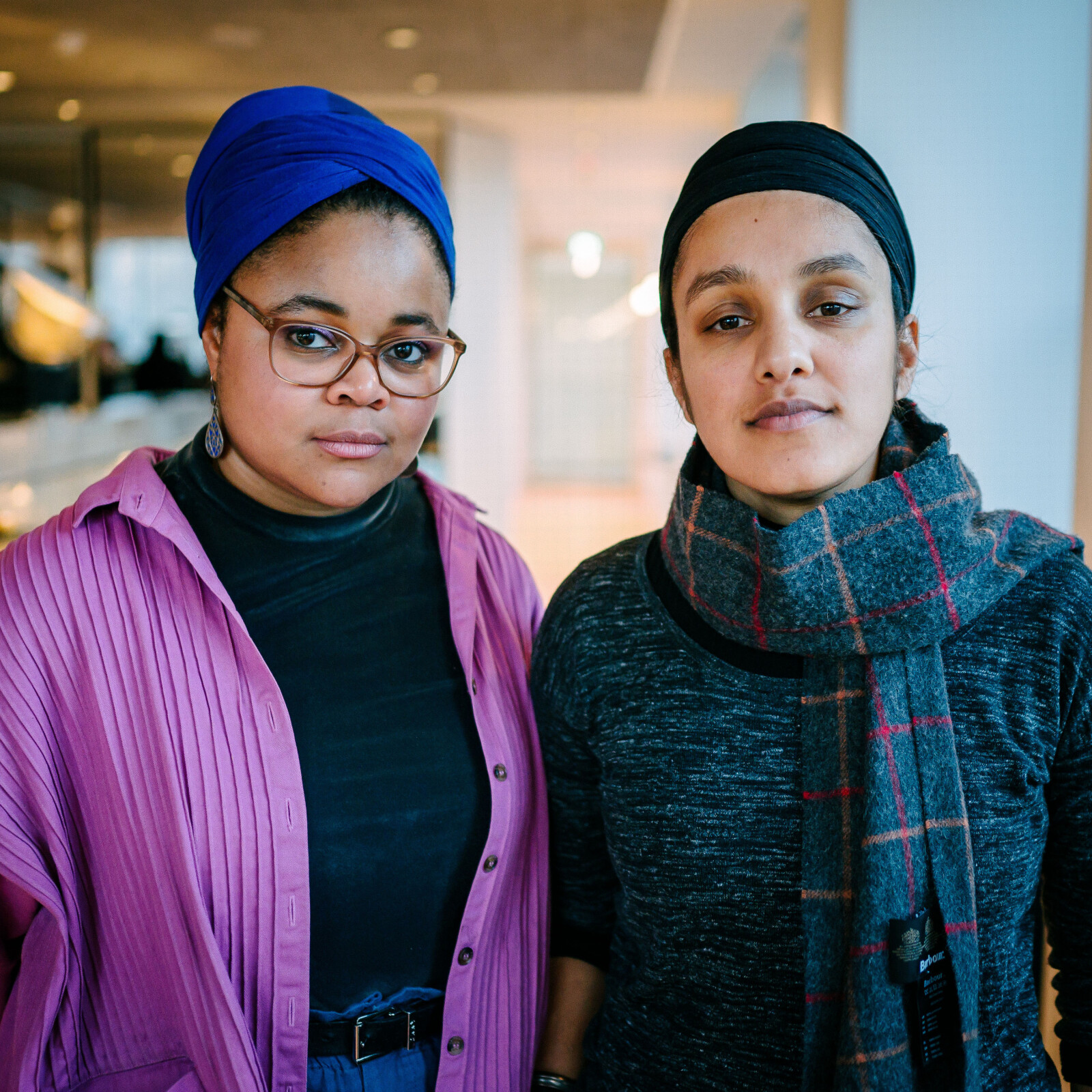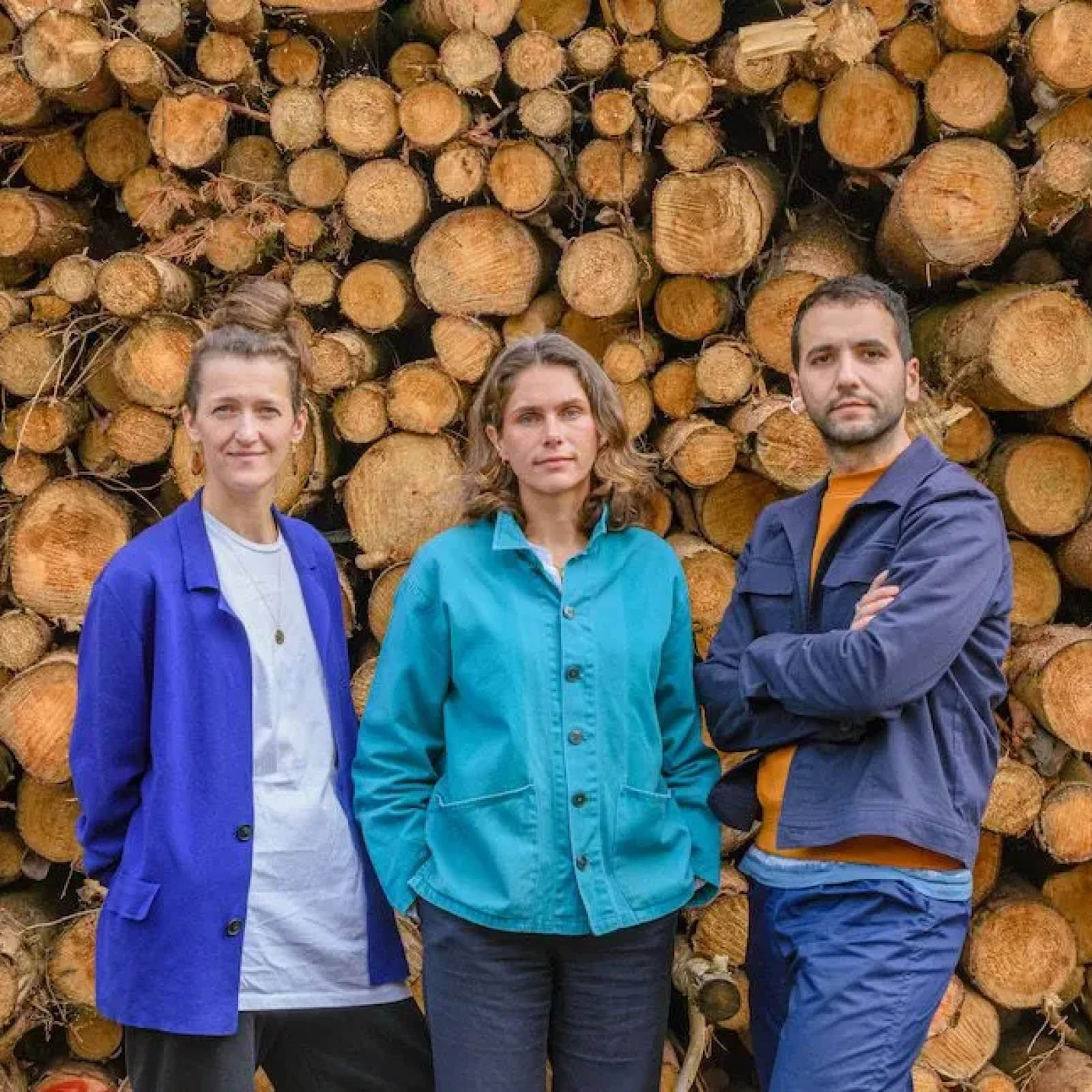Wendel Sebastian is Professor of Structural Engineering at UCL.

Professor Sebastian holds several key advisory and leadership positions in academia and industry. He is External Examiner for a suite of Structural Engineering MSc courses at Imperial College, he is a full College member of the EPSRC, he was (2017-23) Editor-in-Chief of the ICE's Structures and Buildings International Journal, and he is currently an editor of the Journal of Construction and Building Materials. He is also consultant to the World Bank and to the UK government's National Highways Agency on hazard-resilient bridges using conventional and new materials, and an expert advisor to industry on novel sustainable structures such as the multi-storey, timber framed Kantor Centre of Excellence building with timber-concrete composite floors in London.
With buildings and construction accounting for 40% of the world's carbon emissions, he spearheads research in collaboration with industry leaders to develop cutting-edge, low-carbon structural systems which align with the United Nations' Sustainable Development Goals and the UK government's 2050 Net Zero Strategy. By coupling nonlinear computational analysis to advanced large-scale laboratory testing and field monitoring via state-of-the-art sensors, he is evolving a range of sustainable innovations including timber-stone composite floors, prestressed stone decks, next-generation fibre polymer composite (FPC) road bridges and steel-cemfree concrete cassettes. His research has impact in both academia and industry; it has spawned new studies at Universities worldwide, and it is embedded in international design standards such as TR 55, CD 368 and prCEN/TS 19101.
Wendel won an esteemed Leverhulme Trust award (tenable 2024) to drive decarbonising innovation further by leading a multi-disciplinary international collaboration that will operate at the interfaces between Architecture, Structural Engineering, Robotic Manufacture and Construction. He was previously awarded a prestigious Leverhulme Senior Research Fellowship by the Royal Academy of Engineering, and he was co-opted by the Institution of Structural Engineers to deliver CPD courses on sustainable structures.
He uses alternative approaches to structural analysis, namely: commercial software, his own self-developed advanced computational codes, and tackling problems from first principles where he weaves algebraic analysis with graphical representations. The latter approach has led to his discovery of optimisation criteria that identify the most efficient structures in a single illuminating calculation. He immerses students in the first principles approach, consistent with a key tenet of his pedagogy that competent design must be underpinned by a firm grounding in analysis. He has been nominated for multiple teaching awards.



